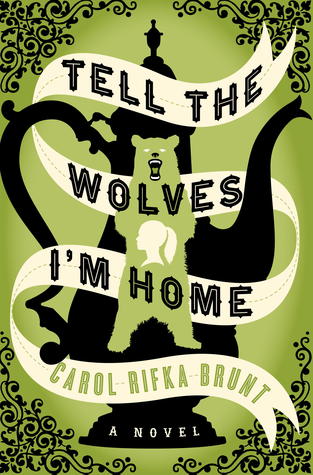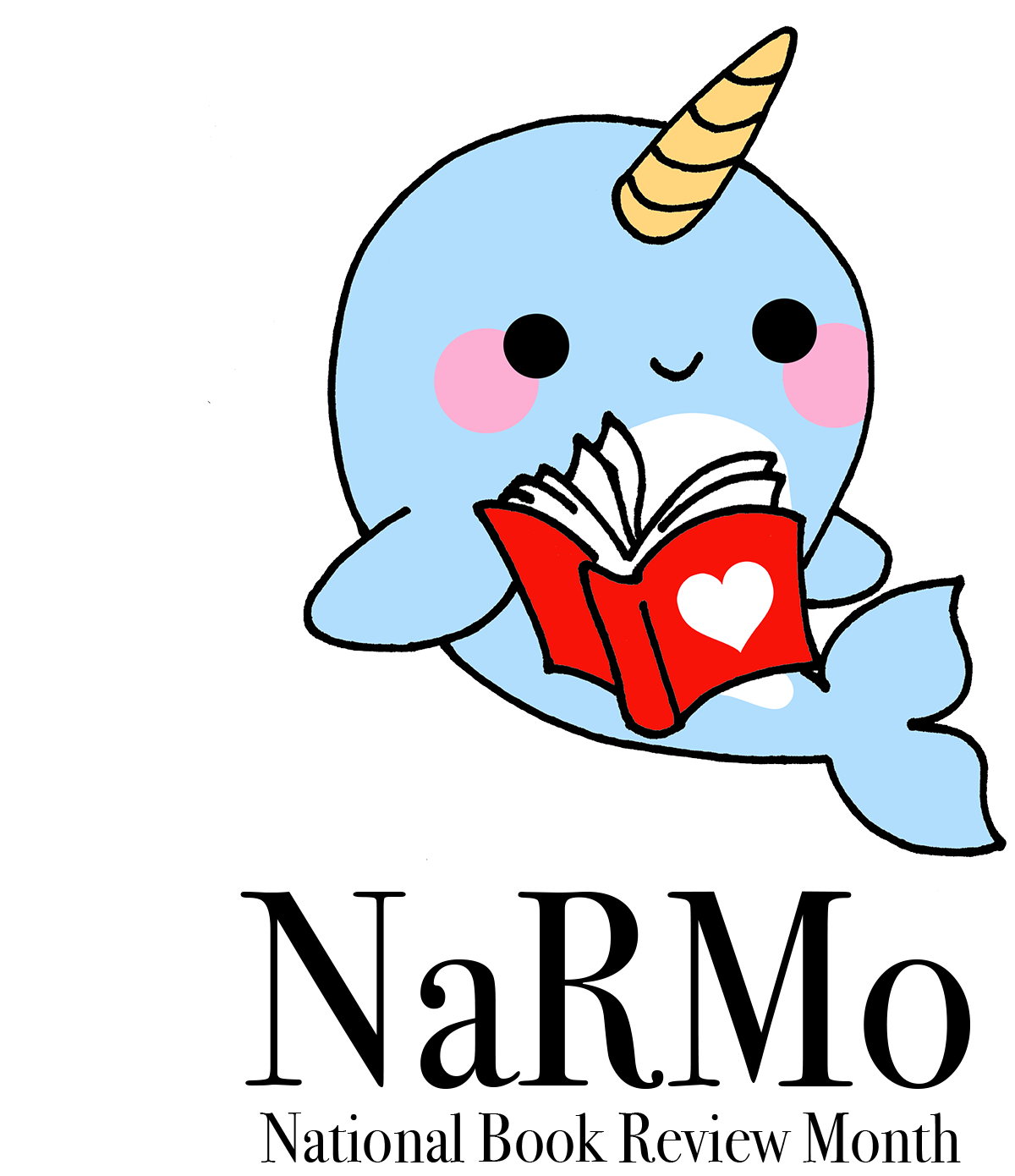
“Tell the Wolves I’m Home” is Carol Rifka Brunt’s debut novel, following fourteen-year-old June in the middle of the 1980s AIDS epidemic. Brunt says the idea developed from “the image of a dying uncle painting a final portrait of his niece” and knew that there was “a much bigger story behind what I understood initially” (p. 363). It is ostensibly a coming-of-age novel, though the focus of the novel is on the relationships between the main characters. The novel opens with the knowledge that June’s Uncle Finn, the only person she feels close to, will pass away soon from AIDS. However, Uncle Finn’s passing leads June to develop a friendship with Finn’s boyfriend Toby, who her parents had never let her know existed. But the novel encompasses much more than June and Toby’s relationship; June also struggles with her irascible sister Greta and her distant mother, and deals with the implications of losing someone important to her.
Homophobia and societal responses to AIDS are of course important themes of the novel, but what really shines the most is June’s voice and her development. June is a teenage girl, but she is depicted as teenage girls are — as a full and complete human being with failings and fears, strengths and desires, and a reality to complicate all of that — which is refreshing to see since she belongs to a group of people often stereotyped and generalized. Initially, June may seem like a shallow young girl claiming no one understands her, but over the course of the novel, what she’s been through and her responses to it add layers to her character that make it impossible not to, at the very least, sympathize with her.
Even if you find it hard to like any of the characters, initially, Brunt’s prose is so heartrending and beautifully written that a story of a garbage truck collecting trash would be page-turning if written by her. In the opening lines of the novel, Brunt through June says, “My sister, Greta, and I were having our portrait painted by our uncle Finn because he knew he was dying. This was after I . . . stopped believing that the AIDS thing was all some kind of big mistake. When he first asked, my mother said no. She said there’s something macabre about it . . . And, she said, it was a long drive from northern Westchester all the way into Manhattan. She crossed her arms over her chest, looked right into Finn’s bird-blue eyes, and told him it was just hard to find the time these days. ‘Tell me about it,’ he said.” Ouch.
Reviewed By: Emma Gears
